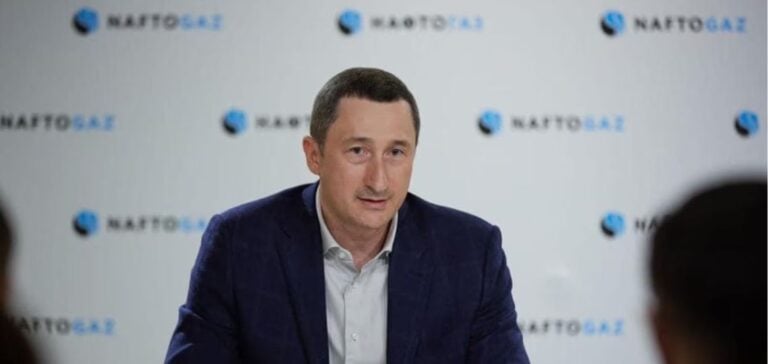Ukraine claims that the current situation regarding the transit ban on Lukoil oil is influenced by political considerations.
Since the end of June, Kiev has banned the activities of Russian oil company Lukoil on its territory, blocking the transit of its oil to refineries in Slovakia and Hungary.
This move comes against a backdrop of growing tensions between Kiev and its European neighbors as a result of the sanctions imposed.
Reactions from neighboring countries
Slovakia recently threatened to halt diesel supplies to Ukraine if Kiev did not restore Lukoil’s oil flows.
This reaction is accompanied by public appeals from Hungarian and Slovak leaders, as well as threats to halt fuel and electricity supplies.
However, Oleksiy Chernyshov, Managing Director of Naftogaz, assures us that oil volumes transiting Ukraine remain stable.
Stable oil volumes
Chernyshov reported that over a million tons of oil were transported via Ukraine in July, a volume equivalent to that of the previous month.
He points out that Ukrainian sanctions have not affected oil volumes, as trading companies take over ownership on the Russian-Ukrainian border.
Although the ownership structure may have changed, the quantities delivered have remained constant.
Background to sanctions and exemptions
Following Russia’s invasion of Ukraine in 2022, the European Union imposed an embargo on Russian oil imports for its member states, but granted exemptions for Hungary, Slovakia and the Czech Republic via the Druzhba pipeline.
This pipeline, which passes through Ukraine, has long been the main source of supply for refineries in these countries.
The sanctions against Lukoil began to take effect at the end of June, but no supply problems were reported in Hungary and Slovakia until mid-July.
Impact on transit infrastructures
The pipeline network, including the southern branch of the Druzhba, continues to operate for deliveries to the Czech Republic, Slovakia and Hungary.
Transporting oil via these infrastructures remains crucial for the continuity of refining operations in these countries.
The Slovakian pipeline operator, Transpetrol, has announced that nominations for August shipments are forecast at 805,000 tonnes through its system.
The current situation highlights the complex diplomatic challenges facing Ukraine, particularly with regard to managing relations with its European neighbors in times of crisis.
Naftogaz’s claims underline the geopolitical tensions surrounding economic sanctions and oil flows, while highlighting the resilience of the Ukrainian transit system.






















